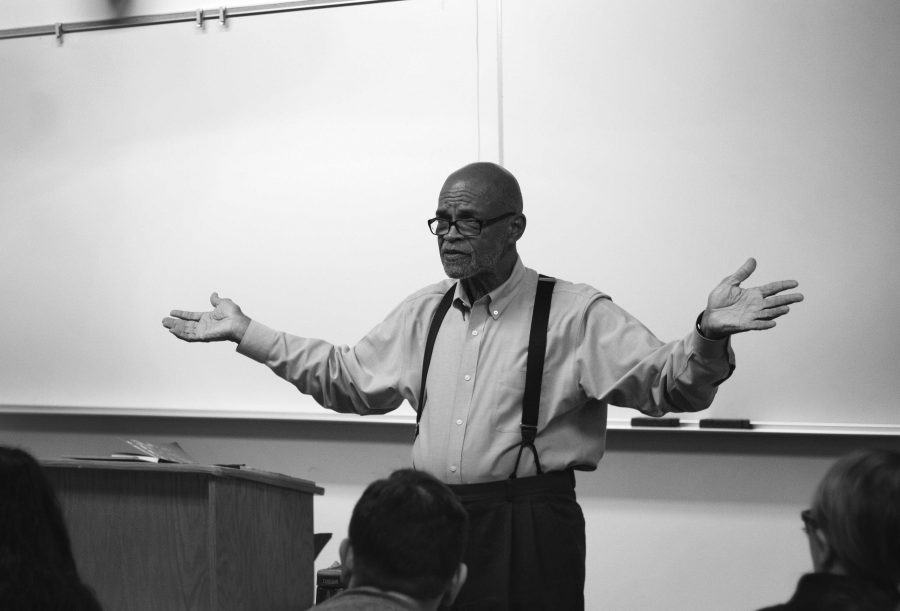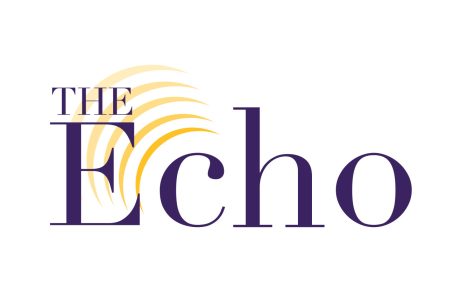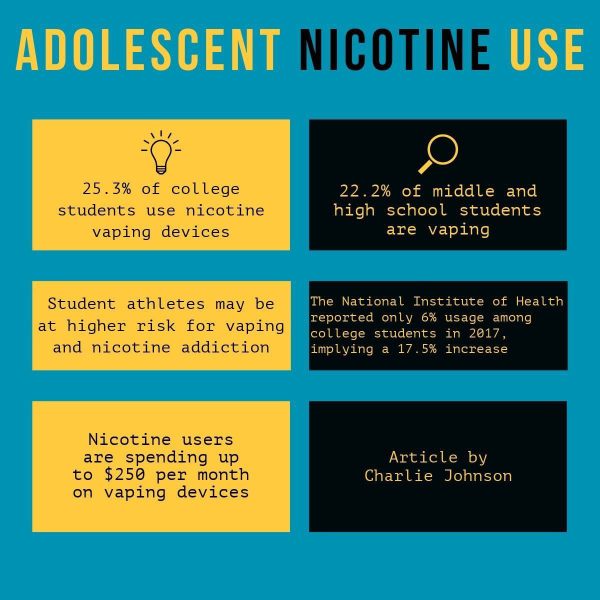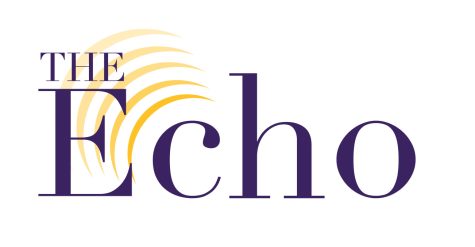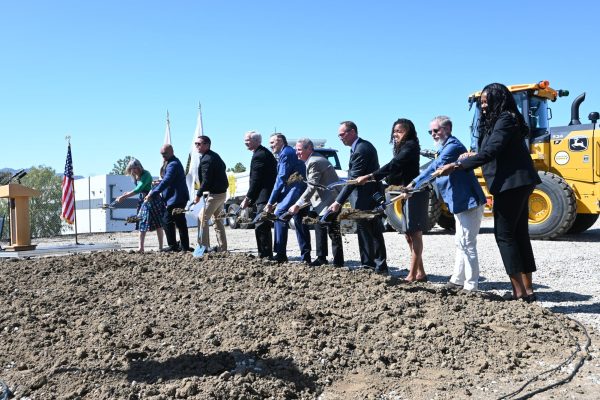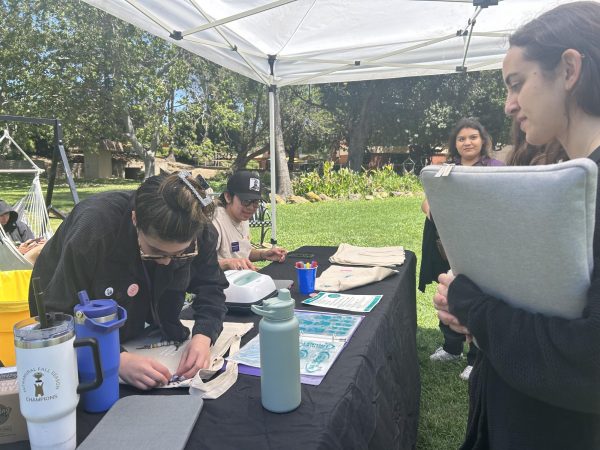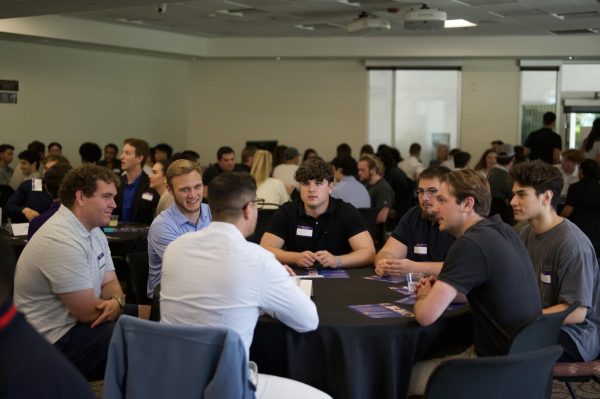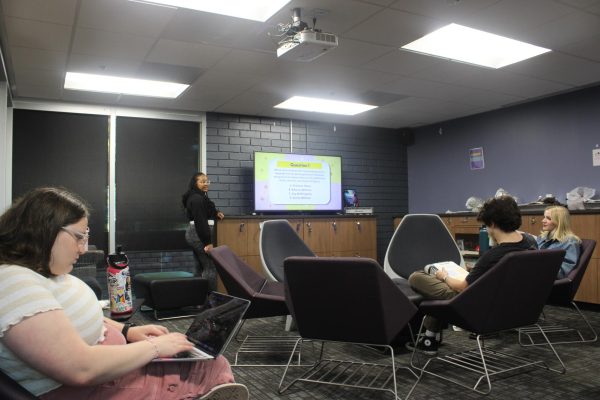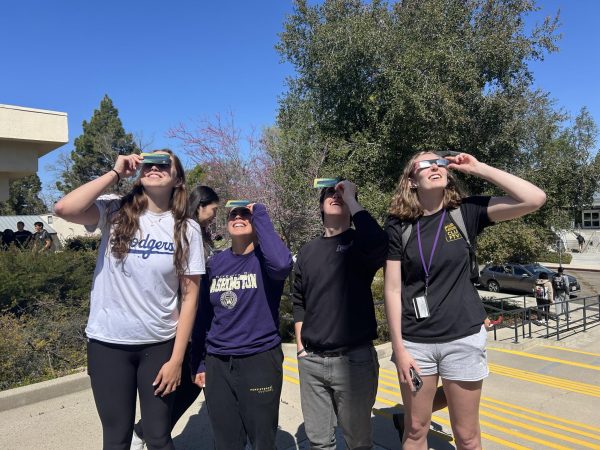Some Cal Lutheran professors engage in nationwide anti-racist teach-in
Professor of Political Science Gregory Freeland was interviewed by The Atlantic for the Inheritance project.
September 11, 2020
About a dozen California Lutheran University professors participated in the nationwide Scholar Strike, an anti-racist learning initiative on September 8 and 9.
“I didn’t get anything [about the strike] from any non-African-American professors, you know that would be the key to know, okay this is spreading,” Gregory Freeland, director of Global Studies, said in a Zoom interview. “I would think it’s not that big of an issue to put a little time aside and talk about [anti-racism].”
In a September 7 email to the Political Science department and all political science majors, Haco Hoang, chair of the Political Science department, announced that she would be participating in the strike and that students would not be penalized for missing class to engage in anti-racism teach-ins. She also shared the link to California State University Long Beach’s Scholar Strike.
The Scholar Strike was not intended to be a strike “in the conventional sense” Jose Marichal, professor of Political Science, said in a phone interview.
Rather than asking universities for concessions, professors centered the strike on breaking away from their syllabi to lead students through lessons and discussions surrounding racism in America.
“We’ve reached this inflection point,” Marichal said. “Because of George Floyd, there are lots of people paying attention. If positive social change is going to happen—now is when you have people’s attention.”
Freeland said because two of his classes are predominately freshman students, he felt it was essential to lay out the history of racism in America and the world—going deeper than high school history classes.
“I talked about slavery and how the economy in this country is based on free work and things of that nature,” Freeland said. “I talked about Great Britain and how as a small island, they conquered the world. I talked about how even today, almost everywhere you go in the world, someone there can speak English—that’s a testament to [colonization].”
Both Marichal and Freeland said in the political science department these discussions surrounding America’s racist past and present are commonplace, though they both felt it was important to take pause and engage their students in anti-racist education for these two days.
“Issues of diversity, equity and inclusion are already embedded within our curriculum so it’s an organic progression,” Hoang said in a Zoom interview. “Anytime there are social issues, political issues it’s hard for me as a political scientist not to incorporate that in the classroom.”
Other Cal Lutheran professors that announced their participation in the strike include Sheridan Wigginton, professor of Spanish and Latin American Studies and Schannae Lucas, professor of Criminology and Criminal Justice, according to Freeland.
Wigginton said that she learned about the Scholar Strike through other academic networks she is involved in, not through Cal Lutheran.
Though she decided to continue holding her classes, she said she withheld from performing work for the university that did not concretely support dismantling systems of oppression.
“I made a pretty conscious decision to sort of divide the work that I do. Because the classes that I teach are about race, ethnicity, systems and power dynamics, I thought that’s still important information I want students to work on,” Wigginton said. “I don’t want them to miss out on an opportunity to talk about these topics because it so fits what we do in class.”
The University’s administrative offices did not share information about the nationwide strike with students.
Hoang said last week she reached out to a couple people who she thought would take the lead in acknowledging the strike.
“I was disappointed that there wasn’t an organized effort at the university,” Hoang said. “I would have liked to see some organized faculty effort.”
Of the 45 students who responded to an Echo Instagram poll, eight students said at least one of their professors discussed the strike in class.
Senior George Khoury, a Political Science and Philosophy double major, learned about the strike through Hoang’s email and shared the information with the Philosophy student mailing list.
“I think from my perspective, I would love to see the administration or maybe a department or even just professors take the initiative to formulate an event like this where we discuss things academically and intellectually,” Khoury said.
Khoury said that he thinks it would be beneficial to see more of an effort from Cal Lutheran’s administration to educate students and faculty on issues of racial justice—in addition to the work professors are doing behind the scenes.
“I do appreciate the steps they [Cal Lutheran] are taking even though the process is not complete,” Khoury said.
No other students responded to requests for comment by The Echo.
“I think, just to be real, faculty are just trying to keep up with migrating classes online and delivering some sense of normalcy and it’s tough to think beyond that,” Marichal said. “Back in the spring, students were doing an amazing job of getting awareness—they were doing the work and getting administration to pay attention. That’s why face-to-face community is important.”

